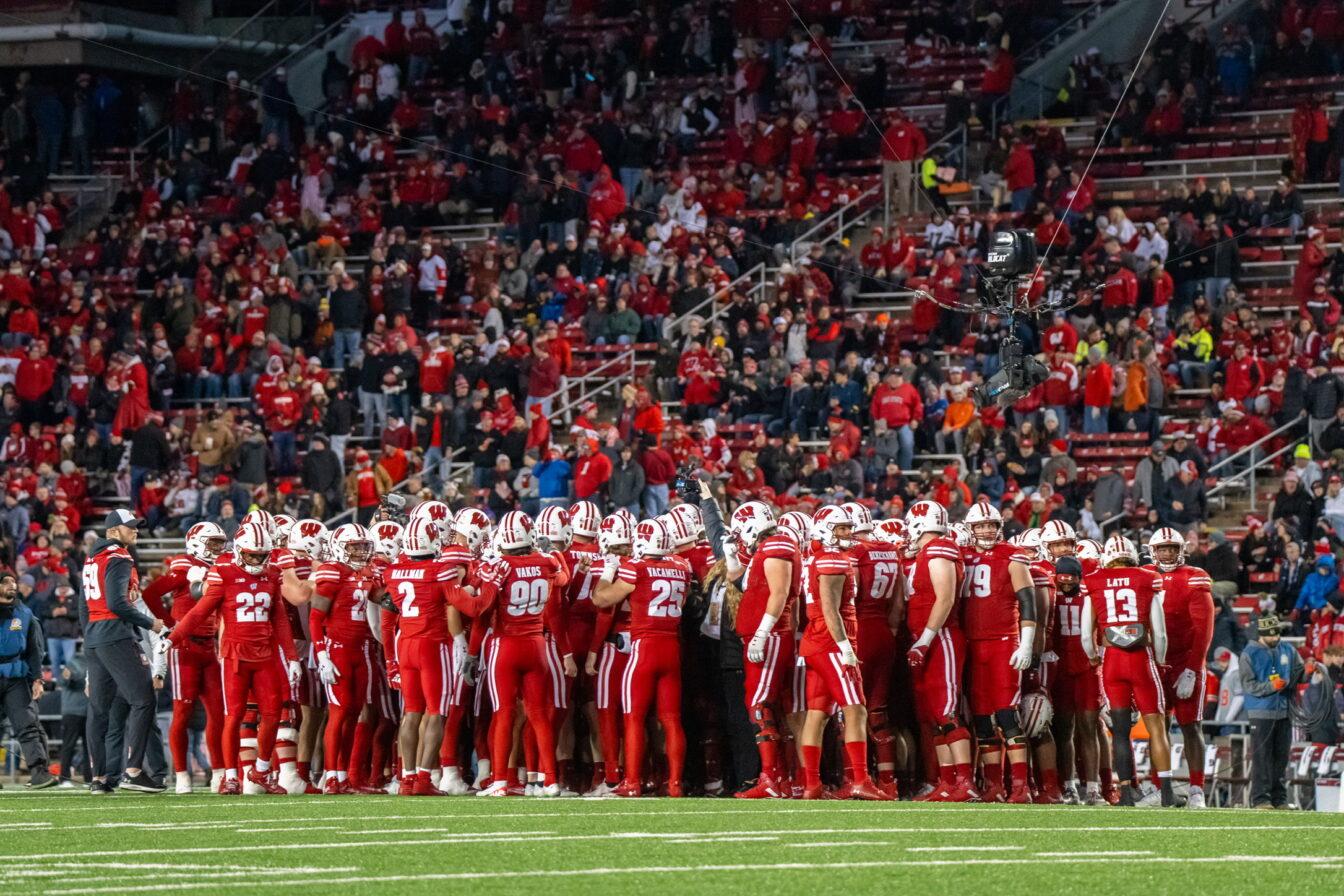Wisconsin sports officials announced Aug. 26 that junior tailback Dwayne Smith will not return to football due to a dangerous heart condition. Team doctors detected a murmur during a routine checkup earlier in the month and immediately barred Smith from practices.
The diagnosis came as a shock to the rusher, who displayed no symptoms of any conditional problem prior to the preseason physical.
“It’s very unusual to find someone like Dwayne who had no symptoms, worked out all summer and has been a spectacle of health and then suddenly hear a murmur that we have not heard before,” team physician Dr. Greg Landry said.
According to head coach Barry Alvarez, Smith will maintain his athletic scholarship and continue to contribute to the program as a student coach.
The bad news arrived in the wake of tempestuous offseason for the Wisconsin back, as charges against Smith for an alleged sexual assault on Feb. 20 continue to loom.
While preseason camps roll along, the team will rally in support of Smith in his moment of sacrifice.
“He loves football, loves to compete and has worked very hard to put himself in this position,” Alvarez said. “It’s hard to give up, and then to step back and look at the seriousness of what he has.”
The condition, known as Hypertrophic cardiomyopathy (HCM), creates a disarray of cells that thickens heart tissue and impedes blood flow. Heavy physical training complicates HCM, making it the leading cause of sudden death among athletes.
Probably the highest profile case of HCM-related death appeared in 1993 when Boston Celtic star Reggie Lewis collapsed during a full-court pickup game. Lewis’s death came just three months after the forward passed out during a playoff game against the Hornets.
Countless other episodes occurring in high schools and colleges across the country heightened awareness to promote early detection.
Fortunately for Smith, doctors avoided disaster by making a diagnosis and sidelining the player prior to the grueling preseason camps.
“All we can do right now is be grateful that we found the situation,” Alvarez said.
HCM impacted Wisconsin athletics once before when promising freshman point guard Latrell Fleming passed out during a conditioning drill in 2001 and later left basketball as the result of a positive diagnosis. With Smith, the signs of ailment proved more elusive.
“Occasionally we have athletes that are symptomatic like Latrell; [his collapse] was the clue that something was wrong,” Landry said. “Interestingly enough, murmurs can come and go. Dwayne didn’t have a murmur earlier.”
Following the initial detection of the murmur, trainers sent Smith to a number of cardiologists including a specialist at the Minneapolis Heart Institute. Coaches informed the team of Smith’s condition two days prior to the public announcement.
Smith, a National Honors Society member, now prepares for life after football.
“I told Dwayne he’s got 70 years to live,” Alvarez remarked. “He’s a very good student and a bright young man; he’s going to make a great contribution to society.”
Smith leaves Wisconsin football with a career 1,407 rushing yards and 15 touchdowns. He stepped up in 2003, accumulating a team-high 857 yards following the injury to starting halfback Anthony Davis.
The departure pushes sophomore Booker Stanley into the backup role behind Davis, although New Jersey recruit Chris Pressley continues to garnish attention and may challenge Stanley for the spot.














